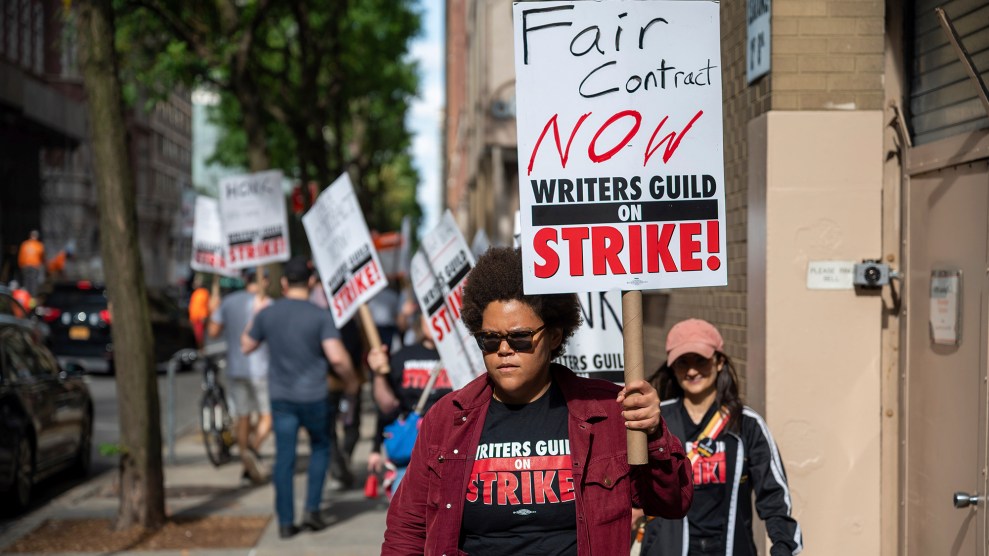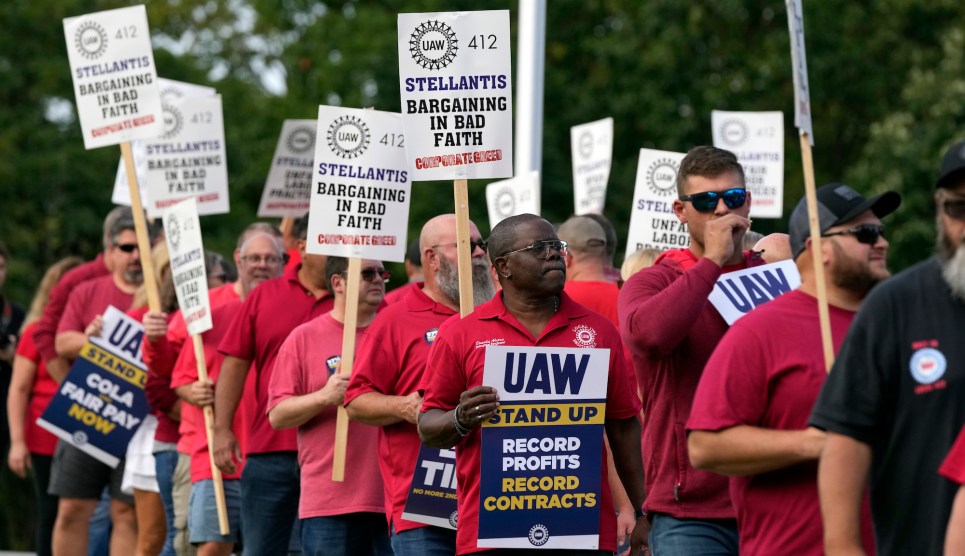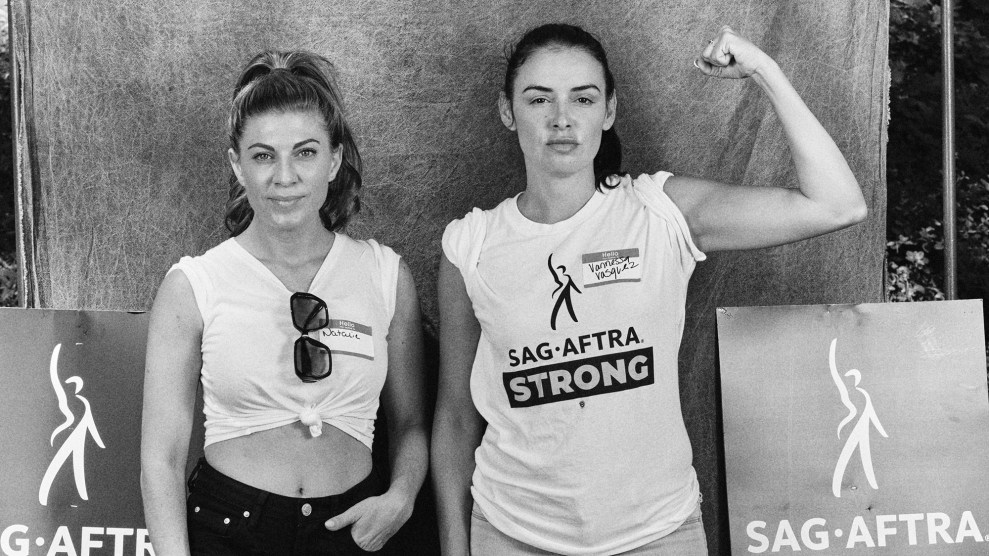
Ringo Chiu/AP
In just three days, the Kaiser Permanente union coalition could begin what they say will be the largest strike of health care workers in US history. On September 22, the Coalition of Kaiser Permanente Unions issued notice of their intention to strike, indicating that more than 75,000 workers across five states and Washington, DC are ready to take part. Their contract with Kaiser expired on Saturday, and there still has not been an agreement.
The Coalition is asking for solutions to the health care staffing crisis, which they say puts the safety of both patients and workers at risk. “As frontline healthcare workers, we got into this work to help people. It’s frustrating and painful to watch our patients waiting and suffering while we burn ourselves out trying to do the work of two or even three people trying to care for everyone,” the Coalition wrote. The unions are proposing across-the-board pay increases of up to 6.5 percent, while Kaiser has only offered 3 percent in bargaining.
The strike is planned to begin October 4 and last for three days, but workers have made clear that they are willing to go further with a longer strike in November. On Thursday, Kaiser urged employees to “reject any call to walk away from their jobs, their patients, and their colleagues,” insisting that progress was being made in national bargaining. A Kaiser spokesperson told the Washington Post that in the event of a strike, hospitals and emergency departments will remain open and “we have contingency pans in place to ensure members continue to receive safe, high-quality care.”
Striking Kaiser healthcare workers would be joining thousands of writers, actors, and auto workers who have taken to picket lines this year to fight for better working conditions. “This is a critical moment for us,” wrote the Kaiser coalition, “the only way we will be successful is if we stand together, stay united, and support each other on the strike line.”













